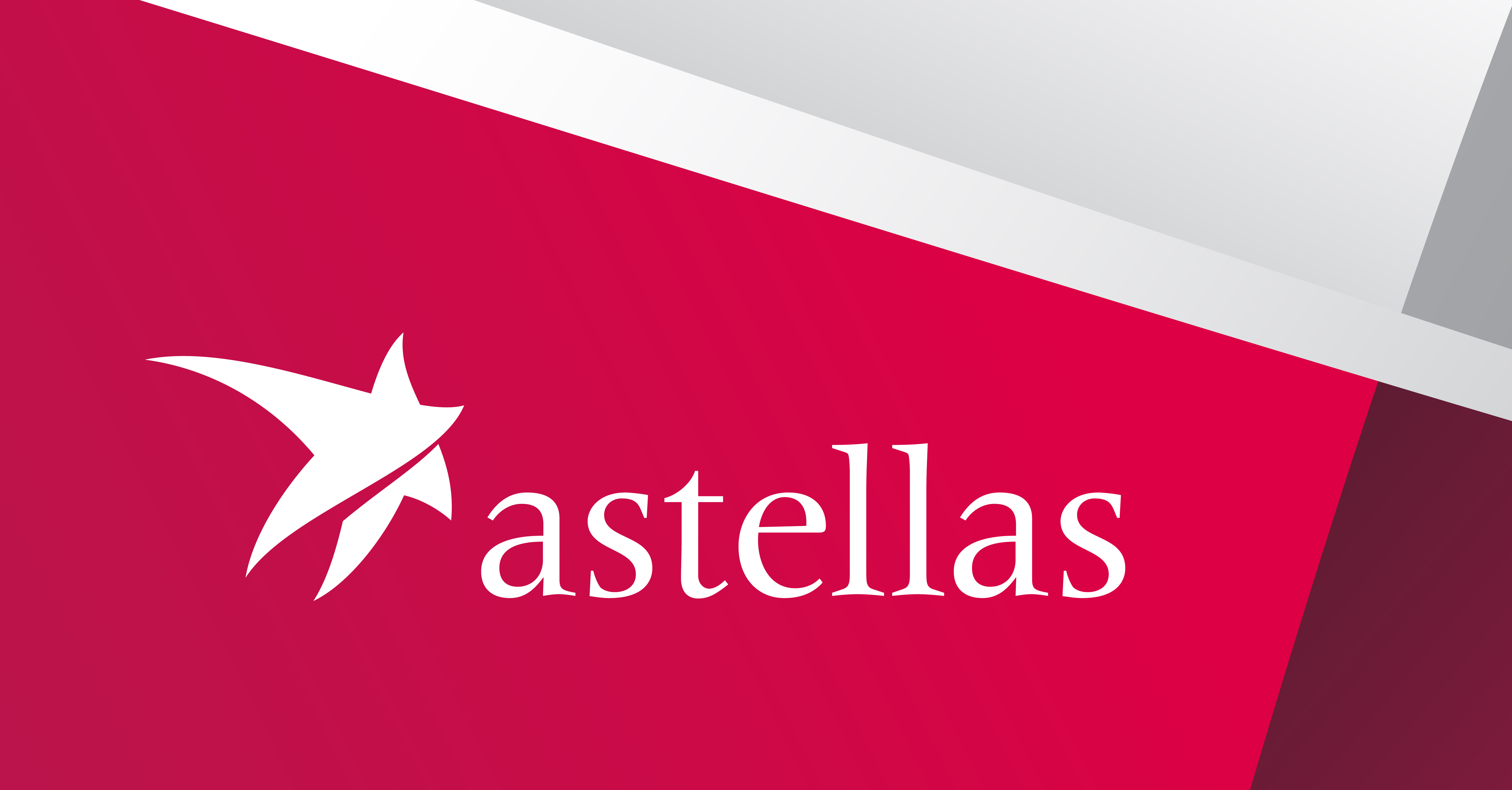You are now leaving XTANDI.com
The website you are about to visit is not owned or controlled by Astellas. Astellas are not responsible for the information or services on this site.

Throughout his career, Salim Mujais has focused his work on one central goal: to make a difference in the world and people’s lives through science. As Senior Vice President and Global Therapeutic Head of Immunology, Transplant, Infectious Disease, Central Nervous System & Pain, Salim’s team plays a key role in a drug’s journey from molecule discovery to its availability in the pharmacy. We sat down with Salim to discuss what initially drove him to pursue a career in medicine, his biggest achievements to date and what project he is currently most excited about.
What drove you to pursue a career in medicine and your career path today?
Predominately, an interest in science and being able to make changes based on facts and data. Like many young men and women making a decision about the impact of their career, I wanted to change the world. And the way that made sense to me was to do that through science, specifically science that has immediate application in society and impacting people’s lives.
How did that ultimately lead you to Astellas?
I was initially an academic physician, but felt that research in an academic environment was too restrictive. However, I still wanted to draw on the impact of medicine on society, and found that I could pursue this better through the biopharmaceutical industry. I moved to industry 20 years ago, first with another company for 10 years, and then to Astellas in 2007.
What drew me to Astellas was the people and the culture. My first boss at Astellas was a major draw, and I really liked the people that I interviewed with. After speaking with them, I felt, “These are the people I want to see every day, the people I want to work with, the people I want to have lunch with.”
How does your team serve as the “bridge” between a drug’s discovery and ultimate use in patients?
We play a role in the journey of a drug from the bench to the pharmacy. First, our research team discovers new molecules, and our role is to vet whether these molecules have therapeutic potential. We take these molecules and evaluate their safety, how best to use them, which disease they are best applicable to, and then explore their usefulness in that disease. If we get to a positive proof of concept (that is, show that they work in this disease), then we proceed to the ultimate step of convincing regulatory agencies to make those drugs public.
While it does vary, this process can take an average of six to eight years, so you develop a long relationship with each drug. Some drugs can take even longer, depending on regulatory requirements and any challenges during development.
What therapies are you most excited about for their potential benefit in patients?
At Astellas, I’ve been lucky enough to be involved in the successful registration of two drugs, and both are now in the market. Choosing a drug you are most excited about is like choosing a favorite child – you are proud of them all. As for the future, there are some drugs that appeal to you scientifically more than others. I’m excited about the drugs we are developing for allergy, because we are taking proteins people are allergic to, such as peanut proteins, cats, grass and pollen, and creating a hybrid of these proteins. We are then using the hybrid to investigate “re-educating” the immune system.
Intellectually, this is very exciting because we are studying how to teach the immune system to tone down the fire that is lit by the allergy.
Is there a particular moment in your career or successful compound development that you are proud of?
I remember an instance when the realization that the work we do actually saves people’s lives really sunk in. We were at an advisory meeting with the FDA, where public comments are accepted. A father came to the podium and told the story of how his teenage son died from the infection we were developing a drug to fight. There was not a dry eye in the house.
It’s a moment like that when you realize that had we been successful earlier, that boy would be alive. But because we were successful, more boys like him will remain alive. I believe a moment like that is unique in life, because very few people get the satisfaction of feeling that they have made such a difference on a broad level.
 |
Get only the email alerts you want.
For media inquiries and reporter requests, please email us at corporate.communications@us.astellas.com.
Our communications team will respond to verified media requests within 24-48 hours as appropriate.
If you are not a reporter and need assistance, please visit our contact us page that includes information for patients, healthcare providers and researchers.
This website is intended for U.S. residents only. This website contains information about products that may not be available in all countries, or may be available under different trademarks, for different indications, or in different dosages. Nothing contained herein should be considered a solicitation, promotion or advertisement for any drug including those under development. Any information on the products contained herein is not intended to provide medical advice nor should be used as a substitute for the advice provided by your physician or other healthcare provider.
The site uses cookies to provide you with a more responsive and personalized service and to analyze site traffic. By using this site, you accept our use of cookies as described in our privacy policy. Please read our privacy policy for more information on the cookies we use, the processing of your personal data and how to delete or block the use of cookies.